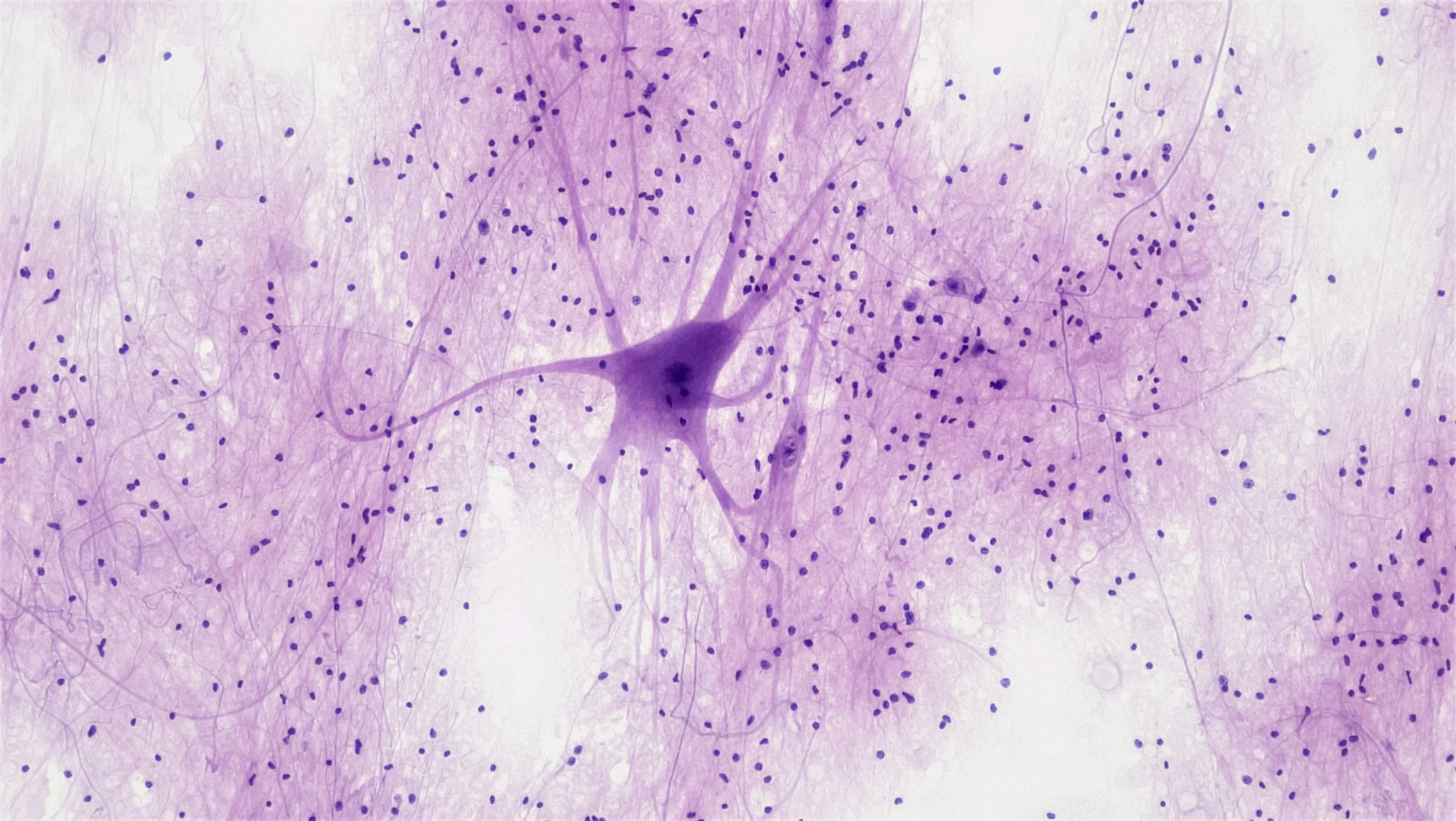Is there an autoimmune component to neurodegenerative diseases?
When the immune system attacks its own healthy cells rather than foreign invaders, the reaction is called an autoimmune response. Key indicators of autoimmunity include the presence of autoantibodies, auto-reactive T cells, damage to organs or tissues as a result of the immune system's self-attack, and chronic inflammation in the body.
New research from La Jolla Institute for Immunology (LJI) and Columbia University Irving Medical Center (CUIMC) reveals that there may be an autoimmune component to amyotrophic lateral sclerosis (ALS). ALS is a progressive neurodegenerative disease that affects neurons in the brain and spinal cord that control voluntary muscle movement. ALS is a devastating disease and tends to progress quickly, leading to loss of muscle control and eventual paralysis. Only around 10% of individuals diagnosed with ALS live with the disease for ten years or longer. Famous individuals diagnosed with ALS include Stephen Hawking and Lou Gehrig.
Researchers at LJI and CUIMC found that patients with ALS had a high number of inflammatory immune cells, called CD4+ T cells, that were mistakenly targeting a specific protein (called C9orf72) associated with the disease. This protein plays a role in the development and function of neurons in our body. The study also found that the immune system plays a key role in predicting patient survival times. Researchers found two distinct groups of patients with ALS, one with shorter survival times (like Lou Gehrig, who died 2 years after diagnosis) and the other with longer survival times (like Stephen Hawking, who lived for 55 years after his diagnosis).
The group with shorter predicted survival times had inflammatory CD4+ T cells that were quick to release inflammatory mediators when they recognized C9orf72 proteins. The second group with longer projected survival times had inflammatory CD4+ T cells as well, but they also had a higher number of anti-inflammatory CD4+ T cells. Anti-inflammatory CD4+ T cells are important in regulating the immune system—they're the ones that are activated after the body successfully fights off an infection to prevent T cells from damaging healthy tissues. The presence of these anti-inflammatory CD4+ T cells may be reducing harmful autoimmune responses and ultimately slowing the progression of ALS in patients with longer projected survival rates.
Professor Alessandro Sette, who co-led the study, noted that “there are several neurodegenerative diseases where we now have clear evidence of immune cell involvement. . . . This is turning out to be more of a rule of neurodegenerative diseases—rather than an exception.” With this breakthrough, researchers are now hoping to find treatments that target these immune cells and create more effective therapies for ALS. They're also looking into similar approaches for other neurodegenerative diseases such as Parkinson's and Alzheimer's.
To support the Autoimmune Registry, please share our information with others who have autoimmune diseases. Donations are also greatly appreciated!

